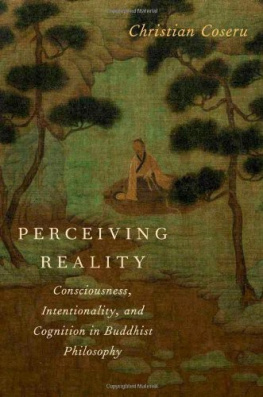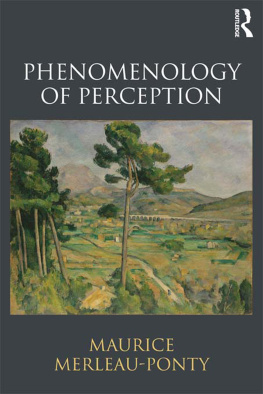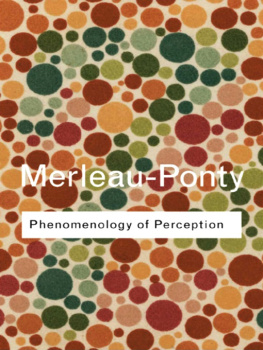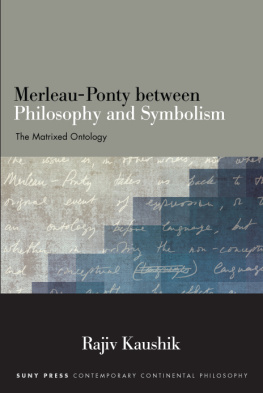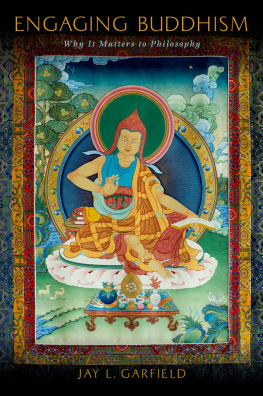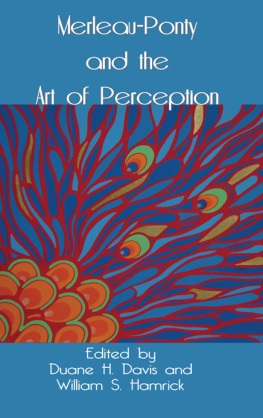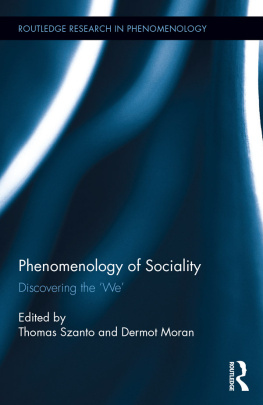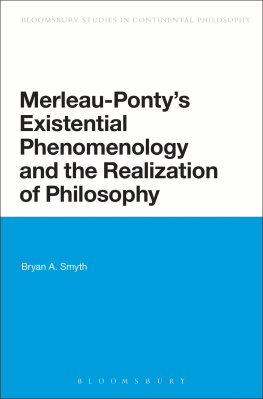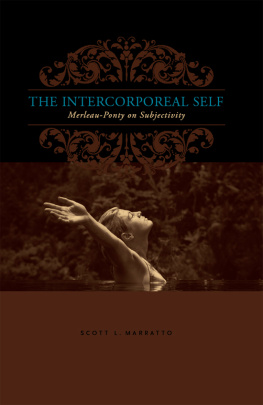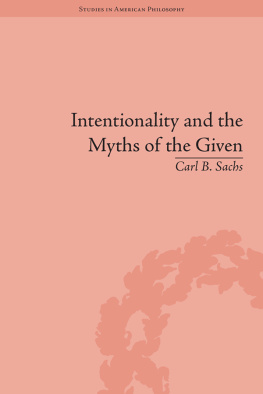Perceiving Reality
Consciousness, Intentionality, and
Cognition in Buddhist Philosophy
Christian Coseru
OXFORD
UNIVERSITY PRESS
-iii-
OXFORD
UNIVERSITY PRESS
Oxford University Press is a department of the University of Oxford.
It furthers the Universitys objective of excellence in research, scholarship,
and education by publishing worldwide.
Oxford New York
Auckland Cape Town Dar es Salaam Hong Kong Karachi
Kuala Lumpur Madrid Melbourne Mexico City Nairobi
New Delhi Shanghai Taipei Toronto
With offices in
Argentina Austria Brazil Chile Czech Republic France Greece
Guatemala Hungary Italy Japan Poland Portugal Singapore
South Korea Switzerland Thailand Turkey Ukraine Vietnam
Oxford is a registered trademark of Oxford University Press
in the UK and certain other countries.
Published in the United States of America by
Oxford University Press
198 Madison Avenue, New York, NY 10016
Oxford University Press 2012
All rights reserved. No part of this publication may be reproduced, stored in a
retrieval system, or transmitted, in any form or by any means, without the prior
permission in writing of Oxford University Press, or as expressly permitted by law,
by license, or under terms agreed with the appropriate reproduction rights organization.
Inquiries concerning reproduction outside the scope of the above should be sent to the
Rights Department, Oxford University Press, at the address above.
You must not circulate this work in any other form
and you must impose this same condition on any acquirer.
Library of Congress Cataloging-in-Publication Data
Coseru, Christian.
Perceiving reality : consciousness, intentionality, and cognition in
Buddhist philosophy/Christian Coseru.
pages cm
Includes bibliographical references and index.
ISBN 978-0-19-984338-1 (hardcover: alk. paper) 1. Knowledge, Theory
of (Buddhism) 2. ConsciousnessReligious aspectsBuddhism.
3. Buddhist philosophy. 4. Phenomenology. I. Title.
BQ4440.C68 2012
121.340882943dc23
2011049529.
ISBN 978-0-19-984338-1
1 3 5 7 9 8 6 4 2
Printed in the United States of America
on acid-free paper
-iv-
For Sheridan
-v-
[This page intentionally left blank.]
-vi-
CONTENTS
| Acknowledgments | ix |
| Abbreviations | xv |
| 1. | Introduction: Taking the Structure of Awareness Seriously | 1 |
| 2. | Naturalizing Buddhist Epistemology | 17 |
| 2.1. | Doctrine and Argument | 18 |
| 2.2. | Reason and Conceptual Analysis | 22 |
| 2.3. | Interpretation and Discourse Analysis | 30 |
| 2.4. | Logic and the Subjectivity of Thought | 40 |
| 2.5. | Cognition as Enactive Transformation | 43 |
| 2.6. | Phenomenological Epistemology and the Project of Naturalism | 50 |
| 3. | Sensation and the Empirical Consciousness | 57 |
| 3.1. | No-self and the Domains of Experience | 58 |
| 3.2. | Two Dimensions of Mind: Consciousness as Discernment and Sentience | 68 |
| 3.3. | Attention and Mental Proliferation | 71 |
| 3.4. | Cognitive Awareness and Its Object | 75 |
| 4. | Perception, Conception, and Language | 86 |
| 4.1. | Shared Notions about Perceptual Knowledge | 90 |
| 4.2. | Debating the Criteria for Reliable Cognition | 97 |
| 4.3. | Cognitive Aspects and Linguistic Conventions | 102 |
| 4.4. | Epistemology as Cognitive Event Theory | 109 |
| 5. | An Encyclopedic and Compassionate Setting for Buddhist Epistemology | 124 |
| 5.1. | Dependent Arising and Compassion | 125 |
| 5.2. | Mapping the Ontological and Epistemological Domains | 135 |
| 5.3. | Perception and the Principle of Clarity | 139 |
| 6. | Perception as an Epistemic Modality | 141 |
| 6.1. | The Conditions for Perceptual Knowledge | 142 |
| 6.2. | Perception, Conception, and the Problem of Naming | 154 |
-vii-
| 6.3. | Phenomenal Content, Phenomenal Character, and the Problem of Reference | 167 |
| 6.4. | Cognitive Errors and Perceptual Illusions | 182 |
| 7. | Foundationalism and the Phenomenology of Perception | 192 |
| 7.1. | Intrinsic Ascertainment and the Given | 195 |
| 7.2. | Particulars and Phenomenal Objects | 198 |
| 7.3. | Foundationalism and Its Malcontents | 213 |
| 7.4. | Naturalism and Its Discontents | 222 |
| 7.5. | Beyond Representation: An Enactive Perception Theory | 226 |
| 8. | Perception, Self-Awareness, and Intentionality | 235 |
| 8.1. | Reflexivity and the Aspectual Nature of Intentional Reference | 236 |
| 8.2. | Phenomenal Objects and the Cognitive Subconscious | 250 |
| 8.3. | The Intentional Structure of Awareness | 255 |
| 8.4. | An Epistemological Conundrum: Explaining the Subject-Object Relation | 263 |
| 9. | In Defense of Epistemological Optimism | 274 |
| 9.1. | A Moving Horizon | 276 |
| 9.2. | Embodied Consciousness: Beyond Seeing and Seeing As | 280 |
| 9.3. | Epistemic Authority Without Manifest Truth | 297 |
| Bibliography | 305 |
| Index | 345 |
-viii-
ACKNOWLEDGMENTS
One incurs a significant amount of debt in writing a book. Many people have provided support and assistance through comments and conversations along the way as I undertook this work, and I am extremely grateful to them all. This book is the fruit of a philosophical journey that spans four continents. In Australia, where this project began a little over a decade ago, I benefited greatly from regular discussions with Dirk Baltzly, Richard Barz, Ben Dorman, Jeremy Evans, Pamela Lyon, Chris Mortensen, Roy Perrett, Graham Priest, McComas Taylor, Sonam Thakche, Aat Vervoorn, and Greg Young. Special thanks are due to Royce Wiles for his nimble proofreading, often on very short notice, and for extending his hospitality in a most generous fashion. I am particularly indebted to the outstanding philosophical community at the Australian National University, which provided a richly stimulating environment in which to pursue ones philosophical passions. Special thanks go to Daniel Stoljar and Frank Jackson for patiently indulging my questions and for allowing me to participate in the life of the philosophy program at the Research School of Social Sciences.
In Calcutta, my first teacher and mentor, the late Sibajiban Bhattacharyya, introduced me to the rigors of Indian logic nearly two decades ago and got me thinking about the centuries-old Buddhist-Nyya debate, which in turn prompted me to consider the foundational role of perception for knowledge, which then motivated me to think about the structure of awareness. The germ of this book lies in an extensive conversation we had during my last visit to his house in the spring of 2001, when he persuaded me that if I wanted to understand why Indian and Buddhist philosophers have spent so much time problematizing consciousness I should look no further than at the character of experience itself. Of the many others Indian scholars and pandits who deserve recognition, special thanks go to Asim Kumar Datta who secured a fellowship for me at the Asiatic Society and thus gave me the freedom to pursue my research interests at leisure; to Pandit Dinesh Shastri Bhattacharyya who, despite old age and ill health, was always very enthusiastic in sharing his encyclopedic knowledge of the

